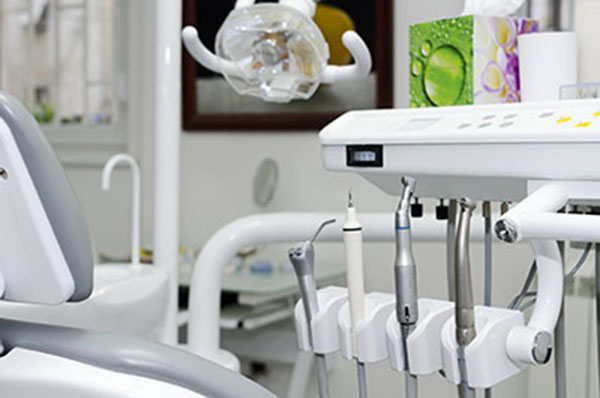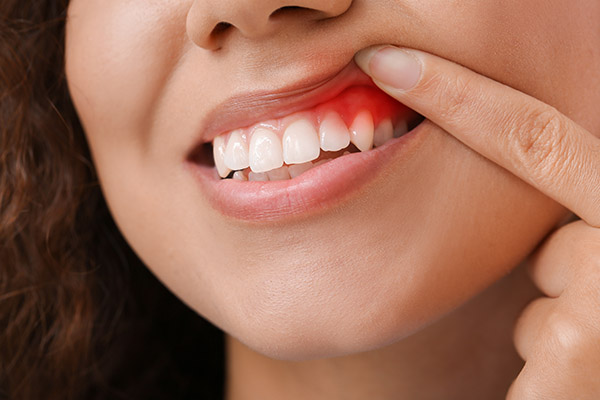Dental Local Anesthesia Frequently Asked Questions

Many people have concerns about local anesthesia, and for a good reason, it's not something that you use in your daily life. It is especially a concern for those who suffer from mild to severe dental anxiety. Local anesthesia is a tool that dentists employ during various dental procedures.
Here are a few questions that most people have along with their answers.
Types of Anesthesia
The first thing that people might want to know is what they kinds of anesthesia. Well, there are three kinds of anesthesia. The first one is local anesthesia; its job is to temporarily numb a particular area. Many people with dental anxiety would want to know how it can help them deal with their fears. The answer to that is that local anesthesia numbs the area where you need to get treatment. Since you do not feel what is happening in your mouth, you do not have to be afraid of the strange sensations.
Other forms of anesthesia include inhalation anesthesia or laughing gas and general anesthesia. Laughing gas makes you feel relaxed while general anesthesia knocks you out completely. These are to be administered by doctors with special training only.
How is Local Anesthesia Administered?
Another thing that people might want to know about local dental anesthesia is how the way the doctors administer it. The person responsible for anesthesia will inject it into the specific area that undergoing the treatment. The injection may cause concerns to some people but keep in mind that the dentist would most probably apply a swab before using an injection. It will take a lot of discomfort away from the experience.
How Often Do Dentists Use Dental Local Anesthesia?
Dental procedures are mostly uncomfortable ones. No one wants to feel a stranger working around in their mouth. That aside the procedures may have a certain level of pain involved as well. Therefore, it is common for almost all procedures, such as fillings, extractions, restoring, repairing, and surgical procedures. You won’t have to deal with local anesthesia when you head to the dentist for a routine visit.
Where is Local Anesthesia Injected?
Most of the times the dentist would inject the local anesthesia either into the gum or the area on the cheek near it. The anesthesia may even be used to deal with an overactive gag reflex.
What About the Side Effects?
Many people are concerned about the side effects that they might get from local anesthesia. In most cases there are no long-term side effects, in other words, they are scarce. The numbing sensation, however, is temporary and may wear off in a couple of hours. The most common side effects include mild bruising, itching, soreness and swelling the area where they administered anesthesia. Some people may even feel mildly dizzy and nausea later on.
Hopefully, you have sufficient information about local anesthesia and how it works. The next time your dentist suggests that you should go under for a procedure, you can refer to the content here to make an informed decision.
For more information or to schedule an appointment with Inna Goykman-Amir DDS, request an appointment in our Brooklyn dental office here: https://www.myddsny.com. Or call us at (718) 416-6364.
Related Posts
Patients have likely heard from a dental practice in the past that fluoride is critical to good oral health. However, some patients do not know about the advantages of fluoride and might have some questions. They might wonder how to incorporate it into a daily routine. Keep reading to learn more about why fluoride is…
You need to have a checkup at a dental practice every six months. This is when a hygienist cleans your teeth to remove any buildup of plaque and tartar. This is also the time when a dentist does an oral examination, looking for things like cavities, gum disease, and even oral cancer. However, during regular…
While most people visit a dental practice every six months, others only go on occasion or not at all. For those individuals, the thought of seeing a dentist causes a lot of anxiety. Hopefully, the information provided about how a dentist treats a cavity will answer questions and put them at ease. These people will…
During a dental practice visit, dentists assess the patient and then treat the issues scheduled for that day. It is a dentist’s responsibility to provide safe and extensive dental treatments. The patient goes home with a cleaner, healthier mouth and a better perspective about dental health. Each dental practice has its own set of steps…


